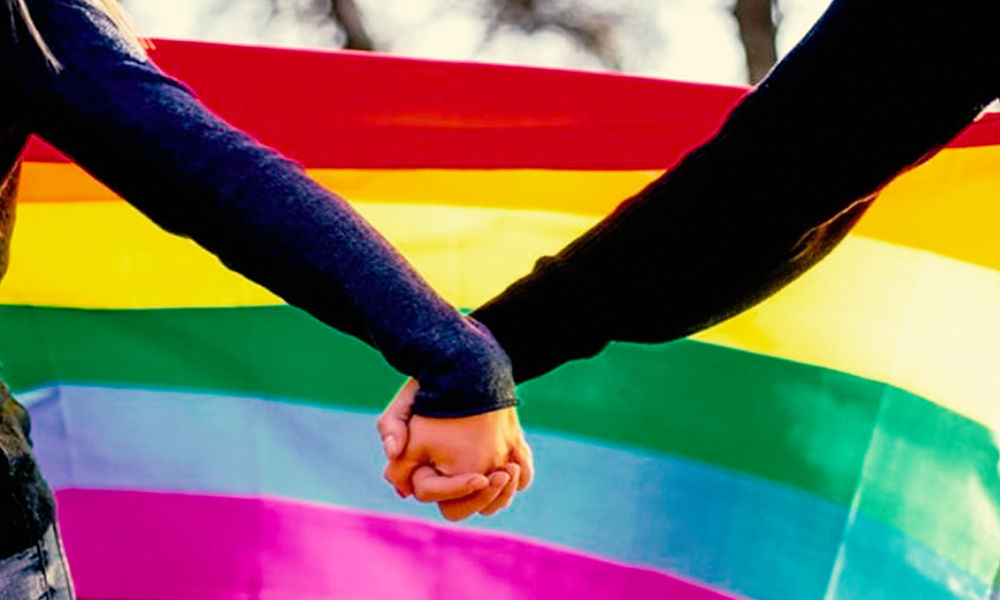Sexual diversity is a term used to describe the range of sexual orientations and gender identities that exist within society. It encompasses a wide variety of identities, including but not limited to lesbian, gay, bisexual, transgender, queer, questioning, pansexual, asexual, and many more. Understanding and embracing sexual diversity is crucial for creating a more accepting and inclusive society.
What is Sexual Diversity?

Sexual diversity refers to the variety of sexual orientations, gender identities, and expressions that exist beyond the traditional heterosexual and cisgender norms. It is an umbrella term that encompasses a wide range of identities and experiences.
Sexual orientation refers to a person’s emotional, romantic, and sexual attraction to others. It can be categorized into three main orientations: heterosexual, homosexual, and bisexual. However, sexual orientation is not binary, and many people identify as something other than these three categories.
Gender identity refers to a person’s internal sense of their own gender, whether it aligns with the sex they were assigned at birth or not. Transgender and non-binary people are examples of those who do not identify as the gender they were assigned at birth.
Why Understanding Sexual Diversity is Important
Understanding sexual diversity is crucial for creating a more accepting and inclusive society. Discrimination against individuals based on their sexual orientation or gender identity is still prevalent in many parts of the world. This discrimination can lead to negative mental health outcomes, including depression, anxiety, and suicide.
By educating ourselves on sexual diversity, we can create a more accepting and inclusive society. We can learn to respect and celebrate the differences that exist within our communities, rather than fearing or rejecting them. This can lead to greater happiness and wellbeing for all individuals, regardless of their sexual orientation or gender identity.
How to Embrace Sexual Diversity
- Listen to and learn from individuals who identify as part of the LGBTQ+ community.
- Use inclusive language, such as using someone’s preferred pronouns and avoiding assumptions about their sexual orientation or gender identity.
- Support LGBTQ+ organizations and events.
- Challenge discrimination and prejudice when you see it, whether it’s in your own behavior or in the behavior of others.
- Be an ally to the LGBTQ+ community. This means advocating for their rights and wellbeing, even if you are not a member of the community yourself.
Sexual diversity is an important part of human experience. Understanding and embracing sexual diversity can lead to a more accepting and inclusive society, where individuals are free to express their authentic selves without fear of discrimination or prejudice. By educating ourselves and others, we can create a world where everyone is valued and celebrated for who they are.









